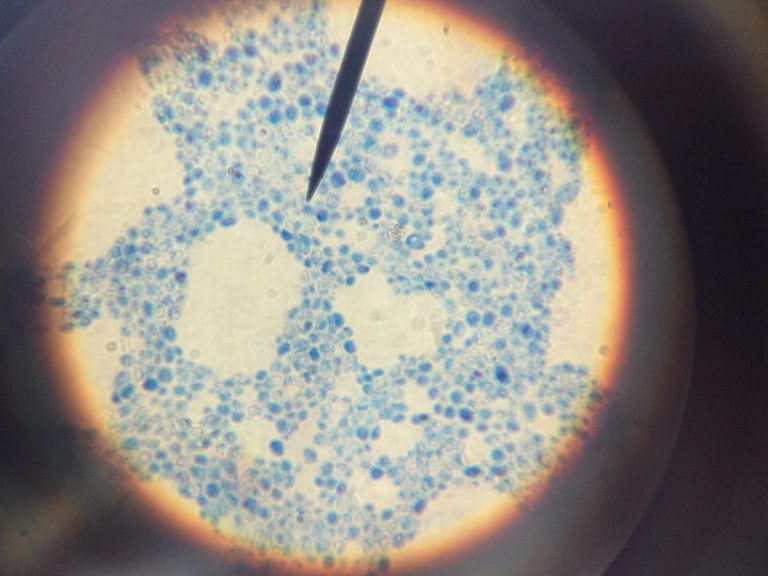Dealing with the Social Isolation of the Covid-19 Pandemic
"Sana has been in social isolation for 3 days and she's losing her mind. She wants to go outside, but she can't. Plus, the news keeps reporting scary things. Sana is scared and anxious".

The NETwork, which includes the Cold Spring Harbor Laboratory, the Feinstein Institutes for Medical Research, and the Research Institute of the McGill University Health Centre, found that severe cases of COVID-19, characterized by Acute Respiratory Distress Syndrome (ARDS), mucus plugs in the airway, and extensive lung inflammation and damage may be caused by overreactive white blood cells called neutrophils.
The study, which was published in the Journal of Experimental Medicine revealed that the Neutrophil Extracellular Traps (NET) produced by these cells to attack and eliminate the invading pathogen, may also damage the lungs when in excess, which typifies severe cases of COVID-19. Damage caused by the NETs to the lungs results in the severe symptoms of the infection including breathlessness, chest pain, and the need for mechanical ventilation.
This study offers hope for therapeutic possibilities for COVID-19. Understanding this mechanism may help researchers develop drugs that inhibit the function of NETs, potentially resolving COVID-19.
Read original article: https://www.cshl.edu/global-network-studies-role-of-immune-cells-in-covid-19-deaths/
"Sana has been in social isolation for 3 days and she's losing her mind. She wants to go outside, but she can't. Plus, the news keeps reporting scary things. Sana is scared and anxious".
The world has been dealing with COVID-19 for nearly two years now; the media is filledCOVID-19 headlines and all the brouhaha it come with. But one thing we all already know is that the disease is killing many, and infecting even more So the question we all have been asking is: how do we reduce our risk of catching this infection?
